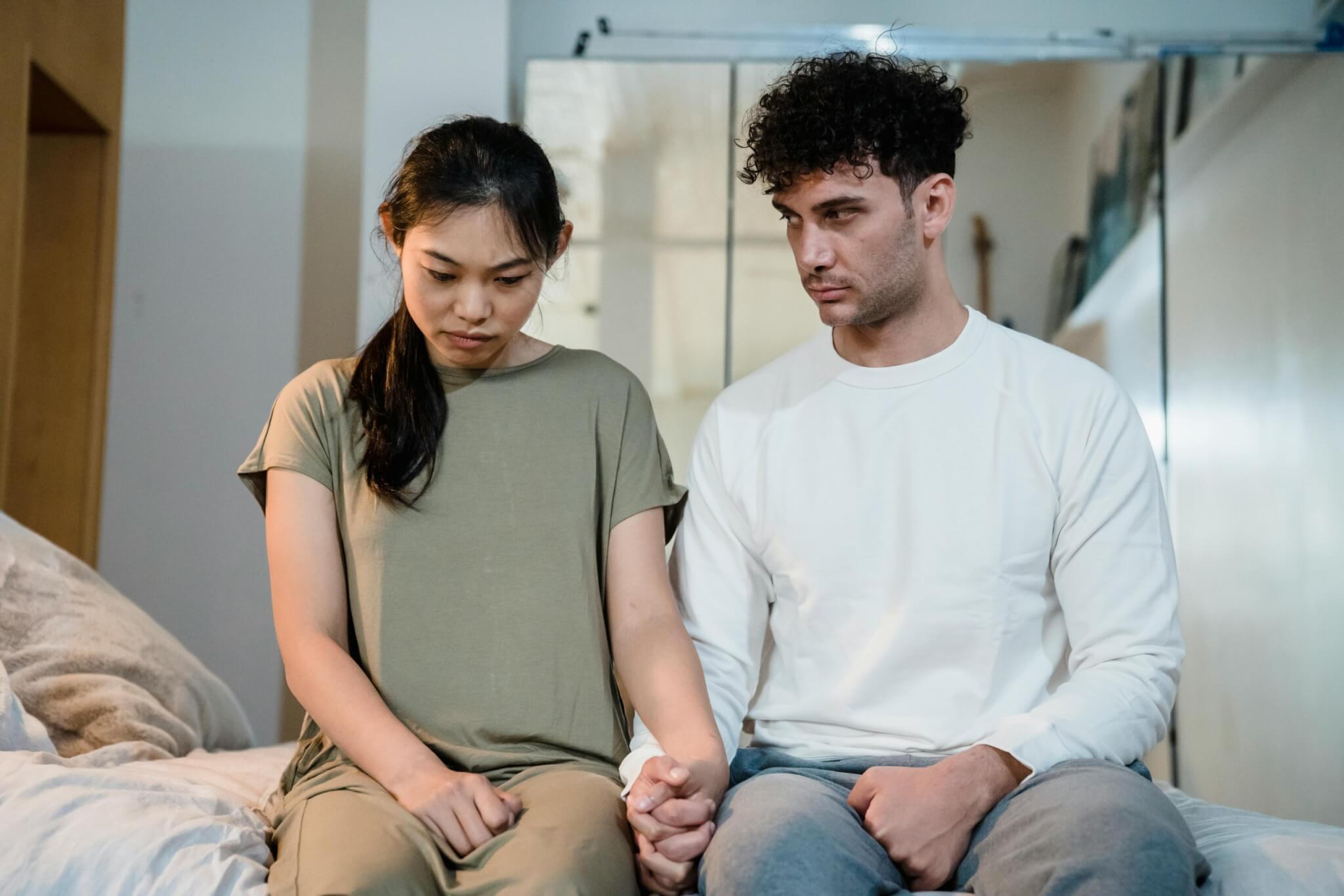
Every person enters a relationship with their own set of thought patterns, ideas, hopes, dreams and coping mechanisms. In a best case scenario, your partner will have a similar set of values and you will be able to agree on what you both find important in a relationship and your expectations from each other. However, no relationship is ideal and occasionally problems will surface.
It is natural to have disagreements from time to time, to get frustrated with your significant other, and even to fight. Many couples live with this misconception that fighting is inherently bad, but it doesn’t have to be. What makes the difference between a constructive fight and an unconstructive one is whether you are attacking your partner, or the issue that is between you. Whenever possible, you should try to keep in mind that you and your partner are on the same side.
It’s always best to look for professional advice as soon as you feel like you and your significant other are having trouble solving the problem by yourselves, or you notice unresolved issues piling up and adding tension and strain to your relationship. It’s easier to resolve misunderstandings while they are still fresh, so there’s no need to wait for things to get out of hand to get help.
There are certain situations and relationship dynamics which could point to serious relationship problems. In this case, for the sake of your safety, it is important to contact to a mental health professional as soon as you can. Here are some examples:
Most people long for the affection and comfort of a fulfilling emotional life. When a relationship turns sour and arguments and resentment start to build up, you could be left with a significant psychological burden.
For people with a history of mental disorders relationship strain can be especially overwhelming. Another particularly sensitive group are people who grew up in a dysfunctional household or have survived a traumatic event of another kind. These individuals may subconsciously repeat unhealthy attachment patterns from their past over and over in their romantic relationships hoping that next time will be different. Unfortunately, these patterns can be hard to notice and break out of without professional help.
At Dr Jo Gee Psychotherapy, we are dedicated to providing you with the time and space needed to share your story. Our small but highly professional team is ready to work with you through any issues and problems you may be facing and build a treatment plan that suits your needs.
Our standard approach to treating relationship problems is cognitive behavioural therapy (CBT). Some of the benefits of CBT are:
Still not sure if you could benefit from our services? We offer a free 15 minute phone consultation at a time convenient for you. After that you can book a 50-75 minute assessment where you will have time to ask questions, share your therapy goals, discuss the possible outcomes, and build a personalized treatment plan with a member of our expert team. Your therapist will support you every step of the way, whether you opt for a short or a long-term plan.
If you would like to book an initial consultation, please message or call us, and we will get back to you as soon as possible.